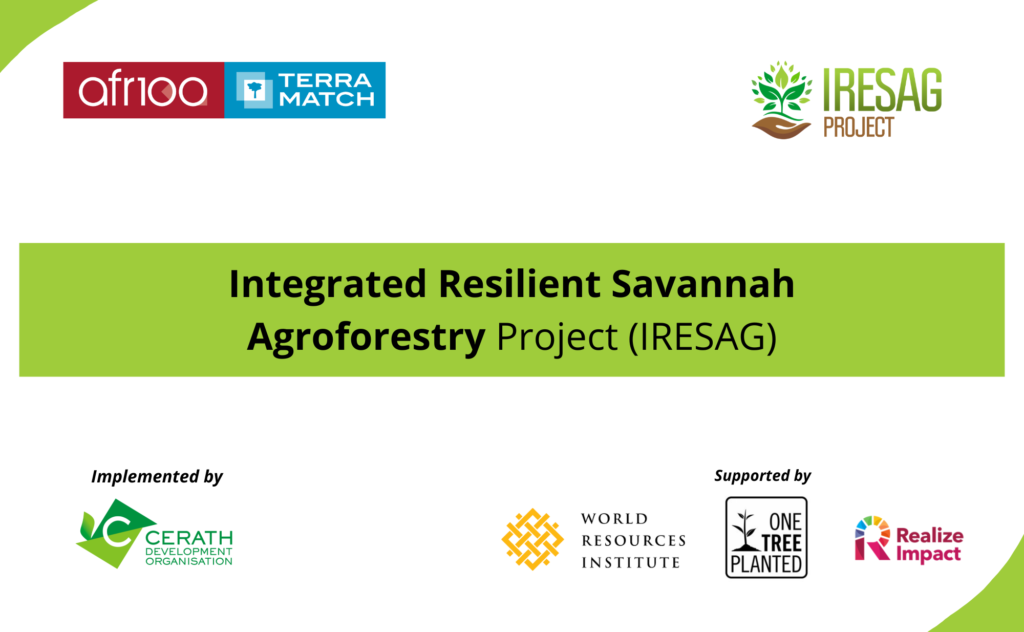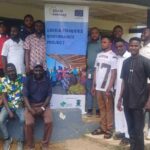
Over the past two decades (from 2001–2021), the West and East Mamprusi districts of Ghana have been severely hit by deforestation resulting in a tree-cover loss of 40 ha (83% loss) and 4 ha (90% loss), respectively. Though tree loss in East Mamprusi is considerably lesser than its West counterpart, the percentage loss in East Mamprusi is higher than that of West Mamprusi. Additionally, these two districts being part of Ghana’s savannah landscape makes the situation dire considering the manifestation of climate change. The pace of deforestation is alarming and indicative of a near wipe-out of tree resources within the two districts, exacerbation of climatic effects, and economic loss to the vast section of community folk whose livelihoods are dependent on forest resources.
To reverse this trend and enhance the climate resilience of savannah landscapes, CERATH Development Organization, with funding from the African Forest Landscape Restoration Initiative (AFR100), is implementing the Integrated Resilient Savannah Agroforestry Project (IRESAG). The project aims to enhance ecological functions and agricultural productivity in the East and West Mamprusi districts of Ghana through community-driven afforestation and conservation approaches. As part of the activities aimed at achieving the objectives, the project will restore degraded land sites, institute regimes for sustainable agroforestry & woodlot management, and build capacity & create awareness on climate change, agroforestry & forest conservation.
This project is expected to result in 50 ha of tree cover (shea, moringa, and acacia), environmental stewardship across the 2 districts, and climate entrepreneurship for 10 community youth. The IRESAG project is a 5-year intervention from June 2022 to May 2027.



